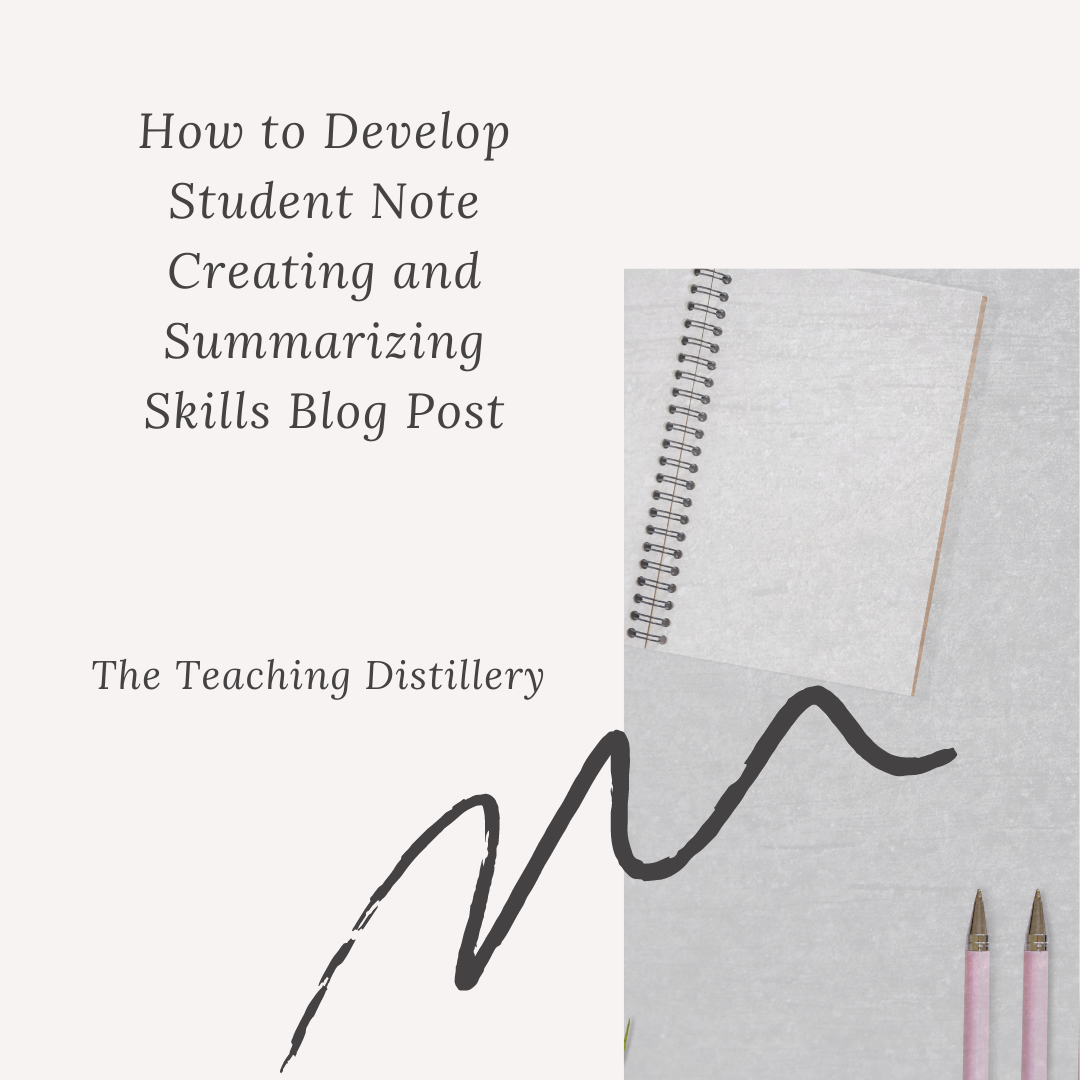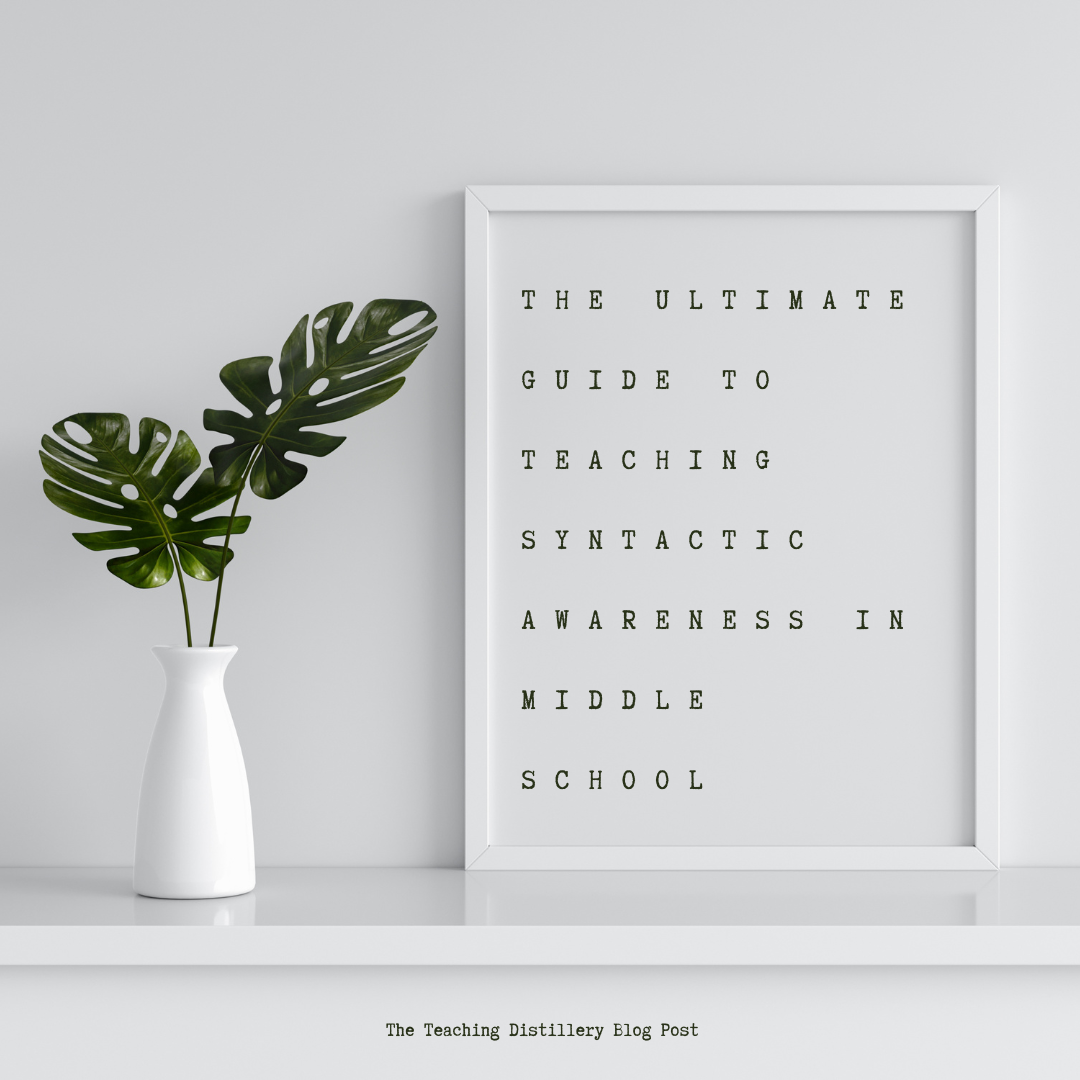Misbehavior is key to building life skills. It is how we respond to that misbehavior that sets the foundation for our learning environments. Discipline is inevitable when in a class…however, it should be consistent and positive and not punitive in order to maintain a solid relationship with your students.
Read MoreWe all want our students to learn deeply, but what does that look like? Understanding must be earned by the learner through active mental manipulation of higher order thinking skills. In our information saturated world, teachers are no longer dispensers of information, but rather need to become facilitators of helping students to understand information by directing active meaning making.
Read MoreAs teachers, we have the power to shape young minds and prepare them for life's hurdles. In today's fast-paced world, it's crucial to grasp why so many youngsters seem emotionally fragile. So, let's dive into the captivating YouTube video "Why Modern America Creates Fragile Children" by the insightful Jonathan Haidt, a social psychologist extraordinaire. He offers eye-opening insights into the cultural and societal influences that impact our students' resilience.
Read MoreAs educators, we are well aware that language skills play a pivotal role in academic success and lifelong learning. Among the various facets of language development, vocabulary stands out as a critical component that directly impacts students' reading comprehension, writing ability, and overall communication skills. Renowned scholar Isabel Beck's extensive research supports the notion that making vocabulary instruction a daily priority is not only beneficial but essential for students' cognitive growth. In this blog post, we will delve into the academic research and statistics put forth by Isabel Beck, emphasizing the significance of teaching vocabulary on a regular basis.
Read MoreAs educators, we strive to create a positive and inclusive learning environment for our students. We put in countless hours to plan engaging lessons, provide individualized attention, and foster a sense of belonging in our classrooms. However, despite our best intentions, it's important to recognize that we cannot make everyone happy
Read MoreSo, what does it mean to be "argumentative" in the context of education? It's not about being stubborn or confrontational; it's about learning how to make a clear and convincing case for your point of view. This involves a range of skills, including critical thinking, research, organization, and communication.
Read MoreAre you using any of these outdated grading practices?
Read MoreIn middle school, students are at a critical stage in their linguistic development, and syntactic awareness should be a primary focus in language arts instruction. In this blog post, we'll explore what syntactic awareness is, why it's important, and how to teach it in middle school.
Read MoreStudent engagement. It's a term that's been thrown around a lot in the last decade, but let’s really breakdown what student engagement actually is. And more importantly, how can we move beyond the illusion of engagement to foster deeper thinking and learning?
Read MoreAs technology continues to advance, teachers have been able to incorporate new tools and resources into their classrooms to enhance student learning. One such tool is Chat GPT, a large language model developed by OpenAI. Chat GPT can be used in a variety of ways to help teachers and students engage in meaningful and interactive conversations.
Read MoreToday, we're going to talk about a concept that might make you feel like you're in Hollywood - storyboard your curriculum! According to Heidi Hayes Jacobs and Allison Zmuda, two leading experts in the field of education, storyboarding your curriculum can be a great way to engage your students and ensure that they're actually learning something.
Read More










